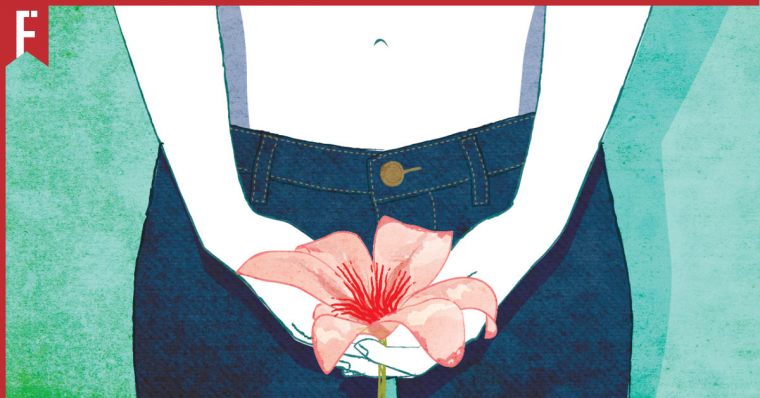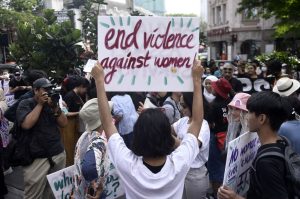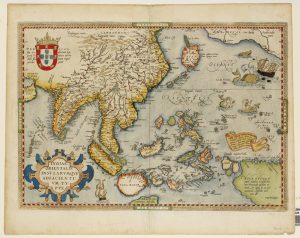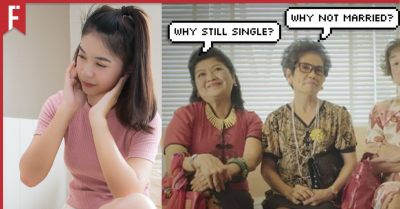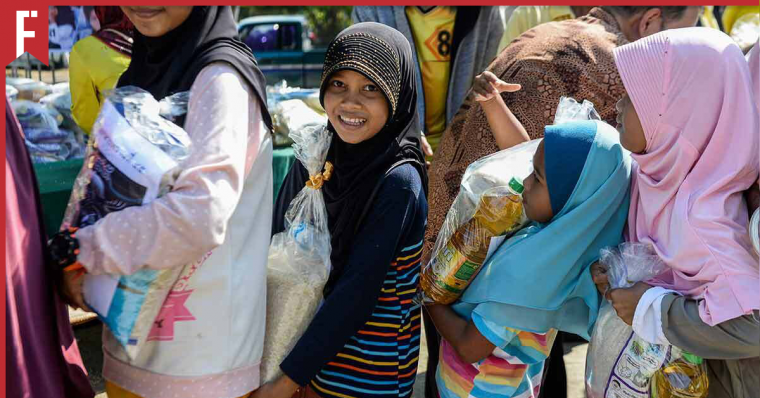
It might surprise you, and it sucks to actually write it down, but period poverty is a thing that happens here.
It may not be noticeable since it’s not happening to you and you might be thinking “oh, but pads are only RM4. How is that not affordable?” Well, let me break it down for you.
Some people, mostly those in rural areas, live on a very tight budget. They don’t get paid much for their labour and when they do, they have to think about things like food and bills to pay. When they have kids, they’d have to think about their kids’ needs above their own.
And when you have all these issues at hand, some lesser-known or supposedly “unimportant” necessities are left behind.
It gets to a point where some young women even opt to get pregnant in order to avoid getting their periods. These women feel like they don’t have a choice.
It’s either you get to buy sanitary essentials but starve, or have a full stomach at the cost of your personal hygiene. The people living in poverty would often have to sacrifice a lot to make sure they survive another day.
Imagine dreading the day your period comes because you’d have to think about whether you can afford pads for the week instead of it just being another normal day for you.
And unfortunately for them, why it’s not known is that it isn’t outwardly talked about, there’s not enough data (or at all, really) from Malaysia to go about proving that it’s a problem that should be addressed.
So how do we go about fixing this, exactly?
There’s A Difference Between A Right And A Privilege
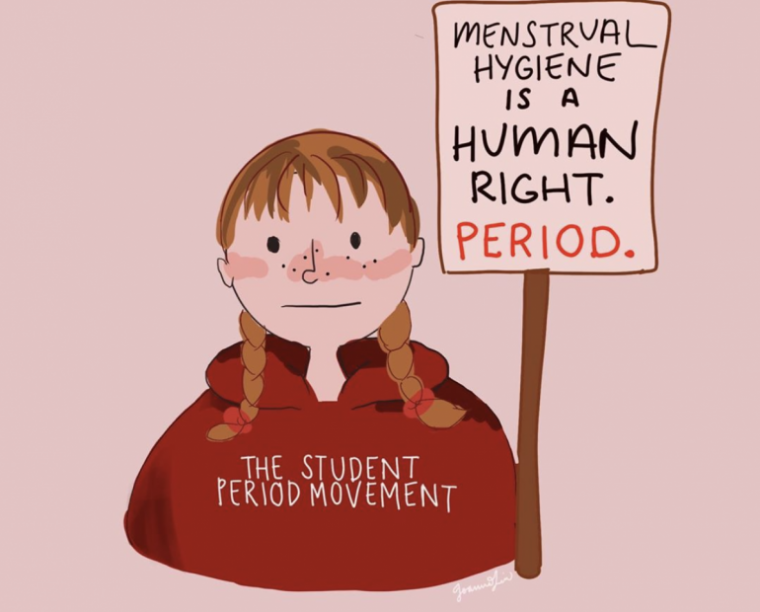
Let’s get one thing perfectly clear: menstrual products should be a right, not a privilege.
Contrary to popular belief, period poverty isn’t just about not being able to afford menstrual hygiene products. It’s also about not getting the right knowledge about periods, being unable to have the means to properly change your sanitary pads in private (i.e in public bathrooms), and not having the access to sanitary infrastructure like clean water or waste removal.
Although the Malaysian government removed the tax on menstrual products such as tampons and sanitary pads back in June 2018, we still have a long way to go to reduce period poverty. Prices of pads may be lower now but they’re still unaffordable in some rural areas.
It’s very concerning because without proper pads, tampons, or other products, girls would often opt to use other means to stop their blood from free-flowing — like newspapers, tissues, or towels that could harm them in the long run.
And the most dangerous of all is that young girls aren’t getting enough education on the inner workings of menstruation to fully grasp how to properly take care of themselves. Women in the rural B40 communities are the worst hit as a result of the lack of knowledge on menstruation and the importance of hygiene.
The Cost of Period Poverty
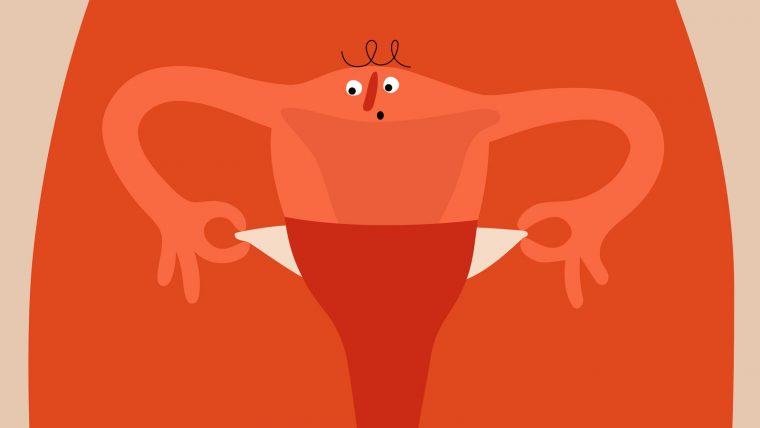
Because of the COVID-19 pandemic, the stress and burden of being unable to afford feminine products have led young girls and women into a deep spiral of depression and illness. Mind you, these illnesses could have been prevented if they were taught how to properly deal with their periods.
Besides that, there are a lot of things that people are unaware of when it comes to menstruation. Like the fact that you can actually get pregnant even when you’re on your period or that poor menstrual hygiene can pose physical health risks and has been linked to reproductive and urinary tract infections.
A lot of the time, when girls first get their period, they’re given a pad or a tampon and shoved in a bathroom to figure things out for themselves. At least, that’s how I was taught. It took me a while to find out that I had been using pads wrong and had to figure out which pads best suited me so as to not cause discomfort and other problems.
Some people wear feminine hygiene products wrongly and are never really corrected, even causing them to develop illnesses. Imagine what it’s like for girls growing up without anyone to teach them this information, and are unable to look it up themselves because there’s no internet?
Why It’s a Problem That Needs To Be Addressed
Let me say it louder for the people in the back: period poverty is happening in Malaysia but people refuse to talk about it.
A lot of places, especially rural areas, lack the resources for girls and women to properly manage their periods. The lack of water supply and basic facilities, let alone knowledge about menstrual needs are all causes for concern.
Some girls even opt to skip school every month when they have their period, which leads them to miss out on their education. And yet, no one wants to address it? I am confused. Would you rather girls miss out on their future rather than provide them with the essentials to survive it?
For some odd reason, it’s viewed as a sensitive topic and is brushed under the rug whenever it’s brought up. It’s not as if having your period is weird, right? It’s a natural physiological function. So, why be hush-hush about it?
How are we supposed to fix an issue that’s deemed non-existent, yet at the same time, widely threatening? Just because it’s not happening to you, doesn’t mean it’s not happening at all.
What we can do to help build a ladder out of period poverty is to educate ourselves about periods. Not just the basics, but educate ourselves to develop a deeper understanding of them — like how to properly dispose of sanitary pads, basic menstrual hygiene, and how to take care of yourself when you’re experiencing period cramps.
If you think there’s something wrong with your period — like maybe it’s always late or your cramps always hit a little bit harder than your friends’ — then you’re probably right. Not to alarm you or anything, but normal periods aren’t supposed to debilitate you.
If you’re facing these problems, go to a gynaecologist to seek an early diagnosis. So, whenever Aunt Flow comes by for a visit to punch you in the guts, you’ll be ready for her.
The lack of access to these essential products and guidance can cause girls to drop out of school and strive for fewer opportunities. If you think about it, after laying the points out in the open like this, period poverty isn’t something that we can take lightly. At all.
But of course, this isn’t an issue for just the public to think about. The government needs to step up their game to make sure that in the future, period poverty won’t exist. I’m not a politician or anything, but surely we’d have the budget to allocate some funds to ensure that menstrual items are affordable for everyone, no?
Educate Yourselves On Periods And Its Necessities
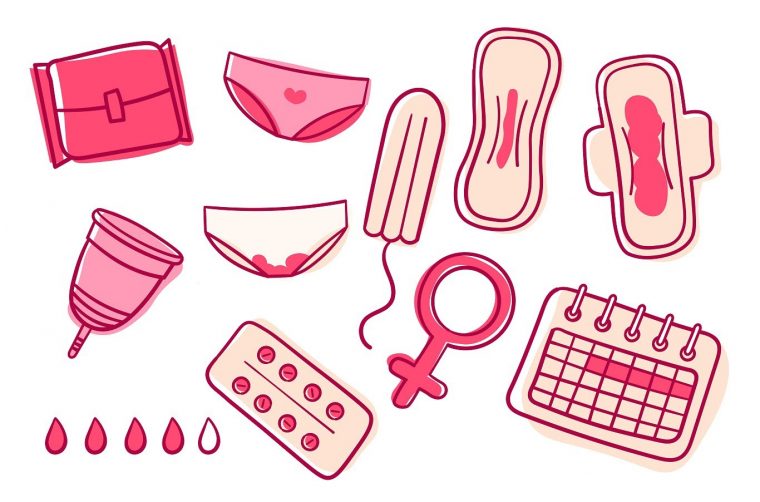
A lot of programs out there are designed specifically for young girls and women who suffer from period poverty. These programs aim to help and educate the community on the importance of menstrual hygiene as well as provide them with the necessities they need.
Here are some initiatives you can check out:
Established in July 2019, this program provides eco-friendly reusable sanitary pads to lower-income female students in rural areas.
A youth-led campaign to eradicate period poverty in underprivileged communities.
A company that aims to promote good menstrual hygiene management practices among marginalised women and girls.
Periods Are Normal, So Help A Sister Out
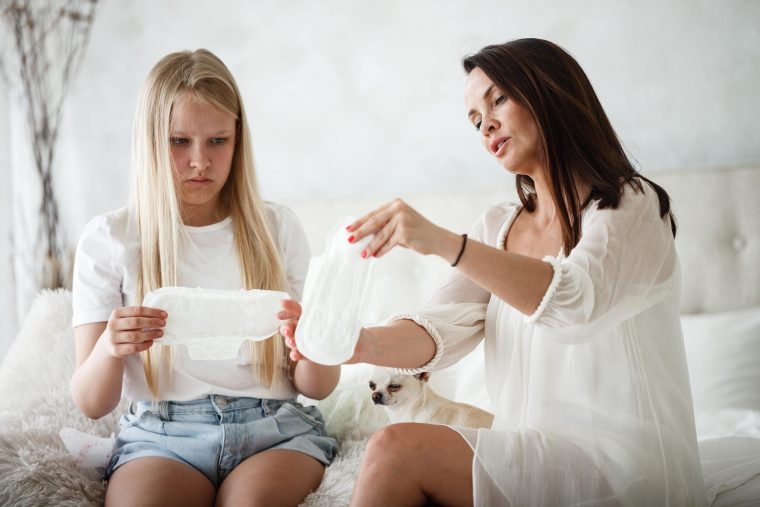
We all know that Malaysia treats periods like they’re something taboo and shouldn’t be talked about. This in turn leads to a lot of illnesses that spawned from hiding your period problems. All because they were too shy to talk about it.
But why should you hide if you have questions? Why should you be shamed for something natural? We need to stop normalising the behaviour of chastening girls (or boys, for that matter) who ask questions about their bodies.
Let them know that it’s okay to be curious and to question things when they think something’s wrong.
If you’d like to know more about how shying away from biological questions can do more harm than good, take a look at this:
Why Are M’sians So Private About Knowing Your Privates?
